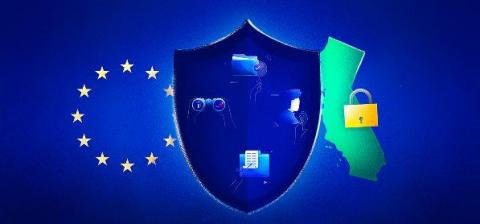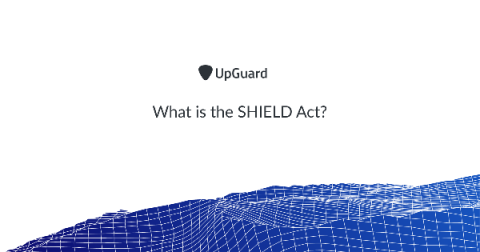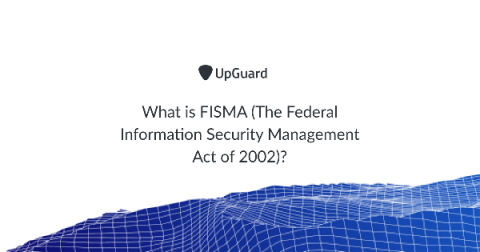Sizing up the CCPA: How the USA's new privacy regulation measures up against the GDPR
The California Consumer Protection (CCPA) act took effect on January 1, 2020, and companies across the globe are scrambling to get their act together to avoid non-compliance penalties. Although enforcement of the CCPA doesn’t officially begin until July 2020, the California Attorney General’s office will still be able to penalize violations that occurred between implementation on January 1 and official enforcement in July.







